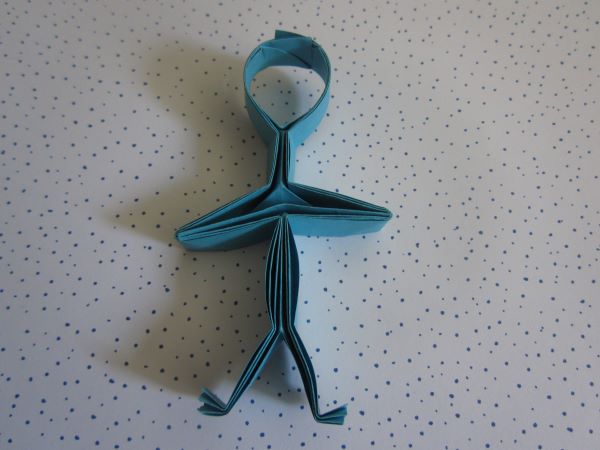A few months ago, I went to an ace unconference–an unconference being an event where attendees create sessions on the spot, rather than planning sessions in advance. I’ve been to quite a few of these, and I usually end up attending a discussion on ace men, because men are a minority within ace communities, and that’s worth talking about.
However, something was different this time. This discussion was framed around ace masculinity, rather than ace men. I relate much more to one than the other.
Several attendees were interested in the question of how to maintain their masculinity while being ace. A lot of masculinity is associated with being sexually aggressive, so ace men are perceived as less masculine. However, they were still invested in following some form of masculinity, either because it was gender affirming, or because they wanted a certain presentation as they approached dating, or because they just liked it. So they were talking about stuff like clubbing and going to the gym.
I don’t deny the value of the discussion, but my reaction was “oh god, I hate masculinity so much.” I said: being ace isn’t a challenge to my masculinity, it’s an opportunity to escape it. I talked about how much I liked growing my hair long despite initially feeling that it wasn’t very gender affirming. I talked about preferring Zumba instead of gym workouts. Several other attendees voiced similar feelings (noticeably, the ones with longer hair).

